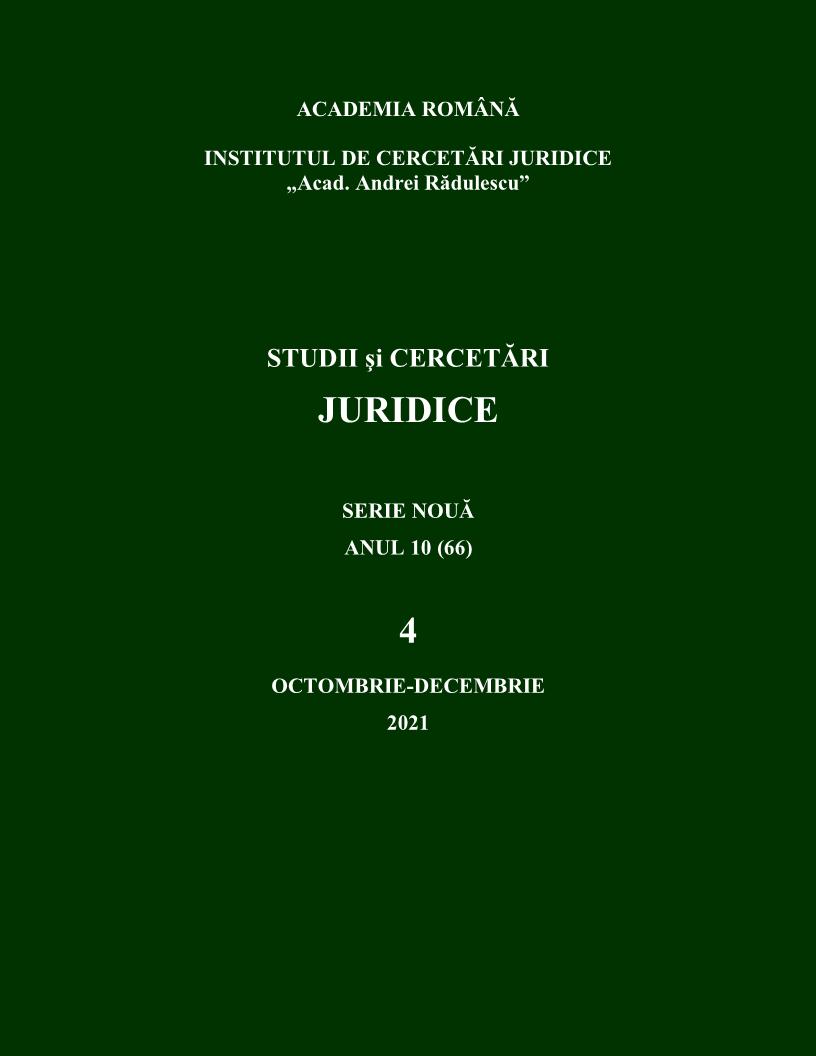Intermedierea muncii prin platformele digitale. Privire specială asupra transportului urban
Intermediation of work through digital platforms. Special look at urban transportation
Author(s): Alexandru ȚicleaSubject(s): Labour and Social Security Law
Published by: Editura Academiei Române
Keywords: digital platform; intermediate service beneficiary; intermediate service provider; self-employed; dependent worker; alternative urban transport;
Summary/Abstract: A new (flexible) form of work is rapidly emerging in some European countries, as well as in our country. It is about the activity provided through digital platforms. Given that the start was given by the launch of the Uber application (in the US in 2010), the term uberization was invented, a term that designates a new economic model. This implies a triangular relationship in which the digital platform, the beneficiary of the intermediate service, the service provider are involved. The digital platform is a way of contracting through which legal or natural persons access other people (workers or organizations) in order to perform tasks or services in exchange for a price. Special attention has been paid in case law and legislation to alternative urban transport. The Court of Justice of the European Union (Grand Chamber), in its judgment of 20 December 2017 in Case C-434/15, ruled that European rules relevant to such a case must be interpreted as meaning that an alternative transport brokerage service using an application for Smartphones must be qualified as a „transport service” and not one of „online commerce services”. The Romanian legislator, considering the rulings of the European Court, adopted the O.U.G. no. 49/2019 on alternative transport activities with car and driver, normative act analyzed in this study.
Journal: Studii și Cercetări Juridice – Serie Nouă
- Issue Year: 2021
- Issue No: 4
- Page Range: 113-125
- Page Count: 13
- Language: Romanian

